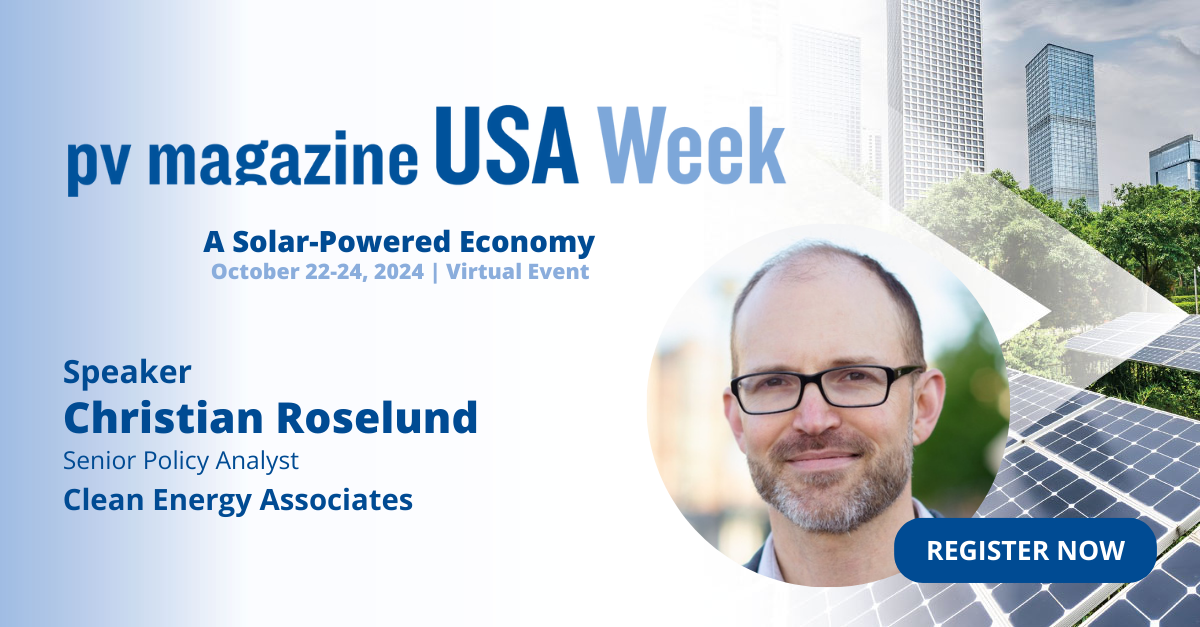PV Module Procurement – US Factory Announcements Add to Complexity
By Martin Meyers
This article was originally published in PV Tech.
Domestic module assembly lines will have to depend on imported cells as capacity announcements are far under modules.
Image: Port Houston.
US PV system developers have experienced increasingly serious challenges in module procurement since mid-2020. Prominent among these have been concerns regarding the impact of the Uyghur Forced Labor Prevention Act (UFLPA), a Department of Commerce investigation regarding circumvention of previous anti-dumping and countervailing duties (AD/CVD) rulings on PV cells and modules from China and Taiwan, supply chain disruptions associated with COVID-19, and more than two years of constrained global polysilicon supply and high prices during the period 2020-2022. Hence the signing of the Inflation Reduction Act (IRA) into law on August 26, 2022, with its promise of significant investments in domestic PV manufacturing capacity, seemed to assure relief.
Indeed, an accelerating stream of company announcements of US-based PV manufacturing facilities has occurred. The cumulative investment associated with these announcements as of October 31 totalled US$15.9 billion, including plans for over 150GW of domestic module manufacturing capacity by 2027, far greater than the 44GW of annual installation volume anticipated for that year, according to industry body the SEIA.
However, module buyers cannot take these announced capacity plans and timelines at face value. Projects must move through a complex process including site selection, design, permitting, financing, and EPC before becoming operational. All too often, optimistic execution timelines come face to face with the reality of delays and, in some cases, dead ends. CEA’s assessment is that of the 150+ GW of module capacity additions announced at the time of writing, less than 50% are likely to be operational by 2027…
Martin Meyers is Principal Consultant, Market Intelligence at Clean Energy Associates (CEA).











